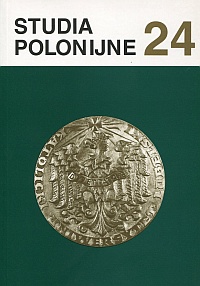International Inflows and Identity − an Outline
Main Article Content
Abstract
Encounters with bearers of different and often distant cultures in receiving societies strongly influence the identities of both newcomers and indigenous people. This paper addresses the issue of the evolution of migrant and host identities resulting from the spatial mobility of the former. In the opening theoretical section attention has been paid to and differences have been discussed, regarding self-identity, i.e.: the identity possessed by individuals, and ascribed identity; and individual versus group identities.
International migrations are not ethnically neutral. The newcomers often (re)discover and (re)construct their identity vis-a-vis the receiving society, and the re-Islamisation of the second generation of Muslim migrants in Western European countries proves that this is a long-lasting process, the consequences of which are difficult to predict. The cultural mobilization of the migrants, when it occurs, does not necessarily lead to assimilation to the host society's dominant culture. Too often it results, and is a result of, the clash of cultures that, in turn, influences the evolution of ascribed identities. Currently, in Western European societies the cultural mobilization of the newcomers has been perceived as a threat to the country's cultural core. Such attitudes and prejudices necessitate a debate on the symbolic universum and the national identity of the hosts, the alternative would be the intensification of xenophobic prejudice.

